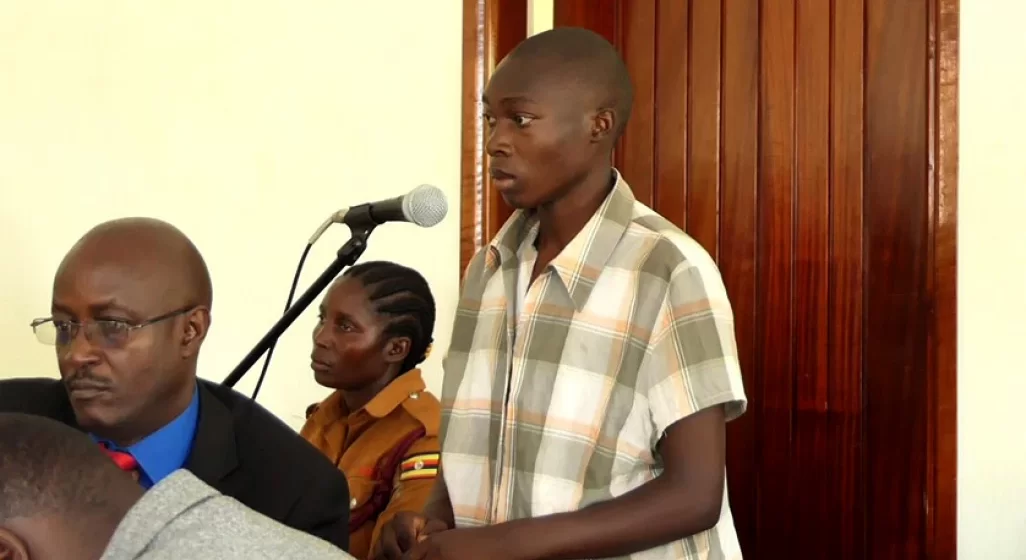|
LISTEN TO THIS THE AFRICANA VOICE ARTICLE NOW
Getting your Trinity Audio player ready...
|
A young Ugandan TikTok influencer was Monday November 18 handed a 32-month prison sentence for a controversial video that mocked President Yoweri Museveni, sparking fresh concerns over freedom of expression in the East African nation.
Emmanuel Nabugodi, a 21-year-old comedian known for his witty skits on TikTok, was convicted under Uganda’s stringent Computer Misuse Act. The charges included spreading hate speech and disseminating false information about the president. His sentencing by Chief Magistrate Stellah Maris Amabilis at an Entebbe court is the latest instance of the Ugandan government’s growing crackdown on online dissent.
Nabugodi had gained a following of over 20,000 on TikTok by sharing humorous content that resonated with young audiences. However, one video, in which he staged a mock trial for President Museveni and called for his public flogging, drew the ire of authorities. The video quickly went viral, but it also landed Nabugodi in legal trouble, culminating in his arrest and subsequent trial.
During the sentencing, Magistrate Amabilis noted Nabugodi’s lack of remorse and emphasized that the punishment was intended to deter others from using social media to attack individuals, including government leaders. “This court hopes that by the time the convict leaves prison, he will have learned that abusing people in the name of creating content is unacceptable,” she stated.
The case has reignited debates about Uganda’s harsh legal measures against critics of the government. The amended Computer Misuse Act, under which Nabugodi was charged, was enacted in 2022 and criminalizes any content deemed to mock or degrade individuals or entities. While the government defends the law as a tool to combat cyberbullying, critics argue it is frequently weaponized to stifle dissent and silence political opposition.
Rights organizations have condemned the sentencing, calling it a blow to free expression in Uganda, where President Museveni has ruled since 1986. They argue that such cases create a climate of fear, discouraging citizens from voicing their concerns about governance.
Nabugodi’s sentencing is the latest in a string of similar cases targeting Ugandans for their online content. In July, another TikTok user, Edward Awebwa, was sentenced to six years in prison for content deemed offensive to the president. Three others are currently awaiting trial for similar charges.
The crackdown on online expression extends beyond TikTok. In 2022, celebrated Ugandan author Kakwenza Rukirabashaija was arrested and charged with “offensive communication” after he criticized President Museveni and his son on Twitter. Rukirabashaija later fled the country, alleging torture during his month-long detention.
Human rights advocates, including the US State Department, have expressed alarm over the use of the Computer Misuse Act to intimidate internet users. In its 2023 human rights report, the US criticized Uganda’s government for suppressing free speech under the guise of regulating online behavior.











LEAVE A COMMENT
You must be logged in to post a comment.